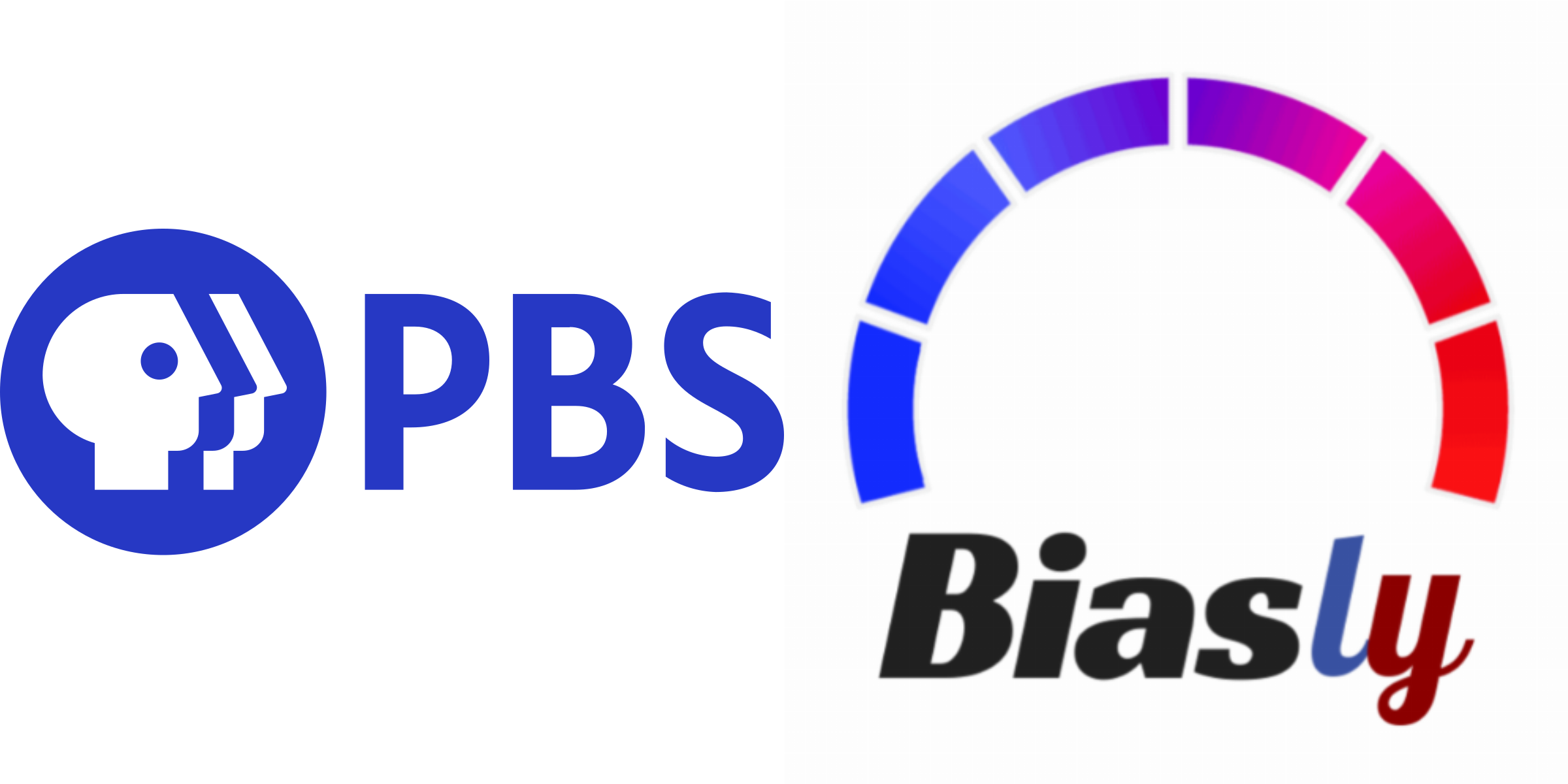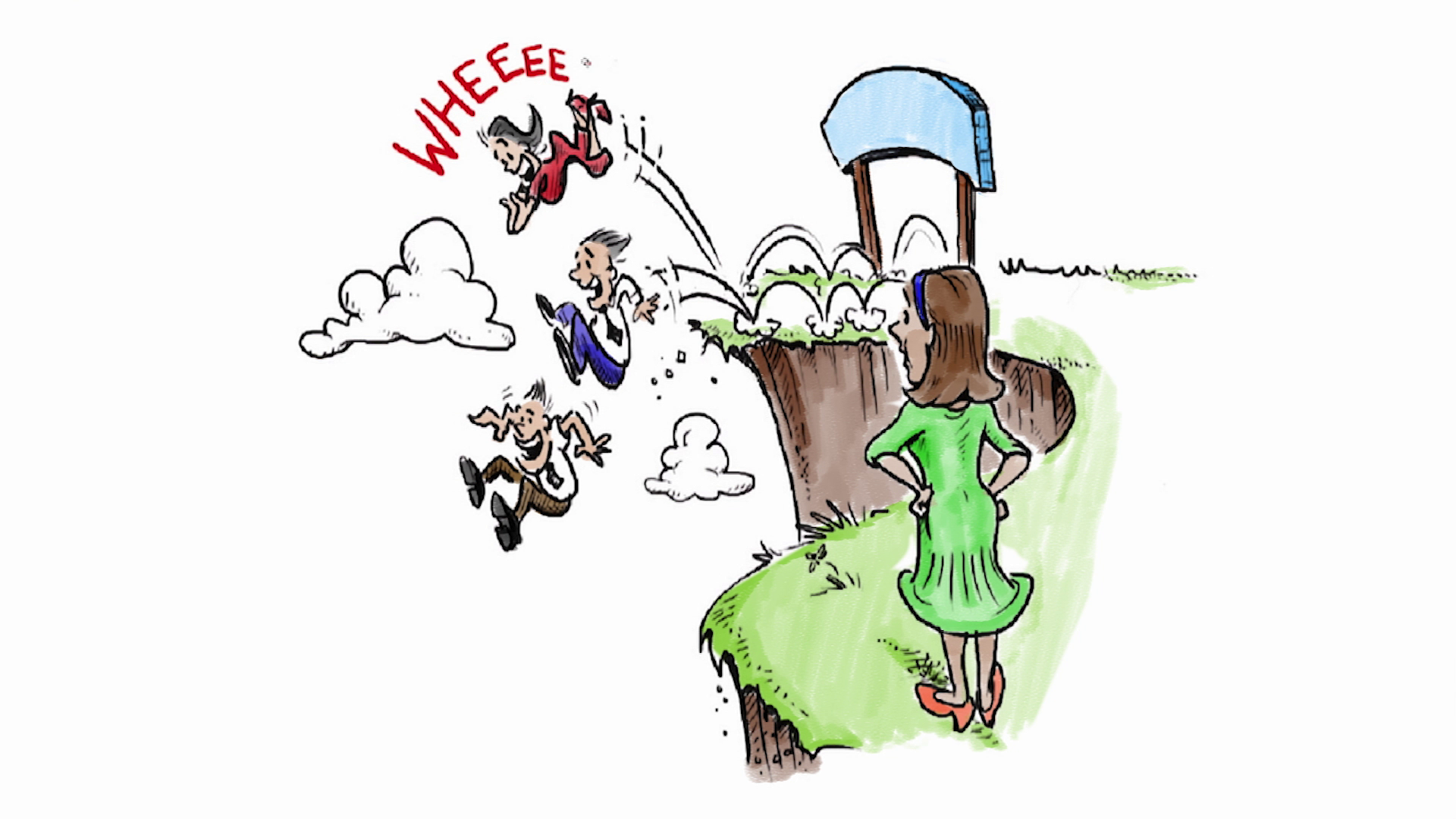Is PBS bias a legitimate concern or a politically charged accusation? The Public Broadcasting Service (PBS) has long been a trusted source of news and educational content in the United States. However, in recent years, questions have arisen regarding its impartiality and journalistic integrity. Critics from various political spectrums have accused PBS of leaning toward specific ideologies, sparking heated debates about its role in shaping public opinion. This article delves deep into the claims of bias, exploring both the accusations and the counterarguments to provide a balanced perspective.
As a publicly funded organization, PBS operates under a mandate to deliver unbiased, fact-based reporting. Yet, the perception of bias often stems from the selective interpretation of content by audiences with differing political beliefs. Understanding the nuances of this debate requires examining the history of PBS, its funding structure, and the broader media landscape. By dissecting these elements, we can better grasp the complexities surrounding the "is PBS bias" discussion.
This article aims to provide readers with a comprehensive analysis of the claims and counterclaims regarding PBS's alleged bias. Through an exploration of credible sources, expert opinions, and historical context, we will shed light on whether these accusations hold water or if they are merely part of the ongoing discourse about media impartiality in the digital age. Let us begin by understanding the origins and evolution of PBS as an institution.
Read also:Patrick Swayze Allegations Unraveling The Truth Behind The Controversy
Who is Behind PBS?
PBS was established in 1970 as a nonprofit media enterprise dedicated to providing quality programming and educational resources to the American public. Its mission is to serve the public interest by offering diverse viewpoints and fostering informed civic engagement. To achieve this, PBS collaborates with local member stations across the country, creating a vast network that reaches millions of viewers daily.
What Does PBS Stand For?
PBS stands for Public Broadcasting Service, emphasizing its commitment to serving the public good. The organization prides itself on delivering content that informs, inspires, and educates audiences of all ages. From news programs like "PBS NewsHour" to children's shows such as "Sesame Street," PBS has carved out a niche as a reliable source of information and entertainment.
Is PBS Bias Influenced by Funding?
Funding plays a crucial role in shaping the content produced by any media outlet. PBS receives financial support from a combination of government grants, corporate sponsorships, and individual donations. Critics argue that this funding model may introduce potential conflicts of interest, influencing the editorial decisions of PBS. However, proponents maintain that strict guidelines and editorial independence ensure the integrity of its programming.
Biography of PBS
| Founding Year | 1970 |
|---|---|
| Mission | Serving the public interest through quality programming |
| Headquarters | Arlington, Virginia |
| Notable Programs | PBS NewsHour, Frontline, Sesame Street |
Does PBS Have a Political Agenda?
The question of whether PBS has a political agenda is central to the "is PBS bias" debate. While the organization claims to uphold journalistic standards and impartiality, detractors argue that its content reflects a progressive bias. This perception is often fueled by the selection of guests, topics, and narratives presented in its programs. Examining specific examples can help clarify these claims.
Is PBS Bias Evident in News Coverage?
News programs like "PBS NewsHour" have faced scrutiny over their coverage of political issues. Critics point to the choice of experts, the framing of stories, and the omission of certain perspectives as evidence of bias. However, supporters argue that these criticisms often stem from a misunderstanding of journalistic practices or a selective focus on isolated incidents. Analyzing the methodology and sourcing of PBS's reporting can provide insights into its approach to objectivity.
Why Do People Perceive Bias in PBS?
Perception of bias is subjective and influenced by individual beliefs and experiences. People may interpret the same news story differently based on their ideological leanings. This phenomenon, known as confirmation bias, contributes to the perception of bias in media outlets like PBS. Understanding the psychological factors at play can help bridge the gap between differing viewpoints.
Read also:Elle Fanning A Rising Star With Acting Versatility And Charisma
How Does PBS Address Claims of Bias?
PBS acknowledges the importance of addressing concerns about bias and takes steps to ensure transparency and accountability. The organization employs a team of professional journalists who adhere to strict ethical guidelines. Additionally, PBS invites diverse voices to participate in its programming, striving to present a balanced view of complex issues. By fostering open dialogue and engaging with its audience, PBS aims to build trust and credibility.
Is PBS Bias a New Phenomenon?
The debate over PBS's alleged bias is not a recent development. Throughout its history, the organization has faced accusations from various political factions. Examining the historical context of these claims reveals patterns and trends that shed light on the current discourse. Understanding the evolution of this debate can help contextualize the modern-day accusations.
What Are the Counterarguments to PBS Bias?
Defenders of PBS argue that the accusations of bias are often exaggerated or misinformed. They highlight the rigorous fact-checking processes and editorial standards that guide PBS's content creation. Furthermore, they emphasize the importance of public media in providing access to quality information, particularly for underserved communities. By presenting these counterarguments, we can gain a more balanced understanding of the issue.
How Can Viewers Evaluate Media Bias?
Evaluating media bias requires critical thinking and a willingness to engage with diverse perspectives. Viewers can employ several strategies to assess the impartiality of media outlets, including cross-referencing sources, analyzing language and tone, and considering the context of the reporting. By becoming more discerning consumers of information, individuals can navigate the complex media landscape with greater confidence.
Conclusion: Is PBS Bias a Real Concern?
In conclusion, the question of whether PBS is biased remains a contentious issue. While some critics argue that the organization leans toward a particular ideology, supporters maintain that it adheres to journalistic principles and strives for balance. Ultimately, the perception of bias is influenced by a multitude of factors, including individual beliefs, media consumption habits, and societal dynamics. By fostering a culture of critical thinking and open dialogue, we can work toward a more informed and inclusive society.
Table of Contents
- Unpacking the PBS Bias Debate: A Comprehensive Analysis
- Who is Behind PBS?
- What Does PBS Stand For?
- Is PBS Bias Influenced by Funding?
- Biography of PBS
- Does PBS Have a Political Agenda?
- Is PBS Bias Evident in News Coverage?
- Why Do People Perceive Bias in PBS?
- How Does PBS Address Claims of Bias?
- Is PBS Bias a New Phenomenon?
- What Are the Counterarguments to PBS Bias?
- How Can Viewers Evaluate Media Bias?
- Conclusion: Is PBS Bias a Real Concern?
As the media landscape continues to evolve, the role of public broadcasting services like PBS becomes increasingly important. By engaging with these debates and seeking a deeper understanding of the issues at hand, we can contribute to a more informed and engaged citizenry. The "is PBS bias" conversation serves as a reminder of the need for vigilance and critical thinking in our consumption of news and information.

